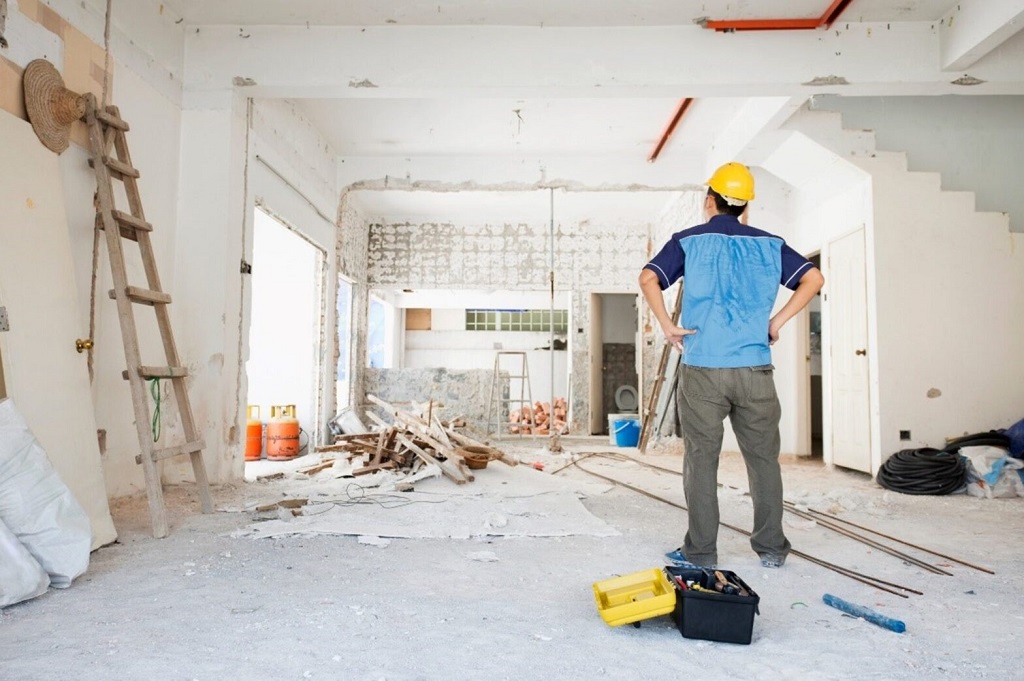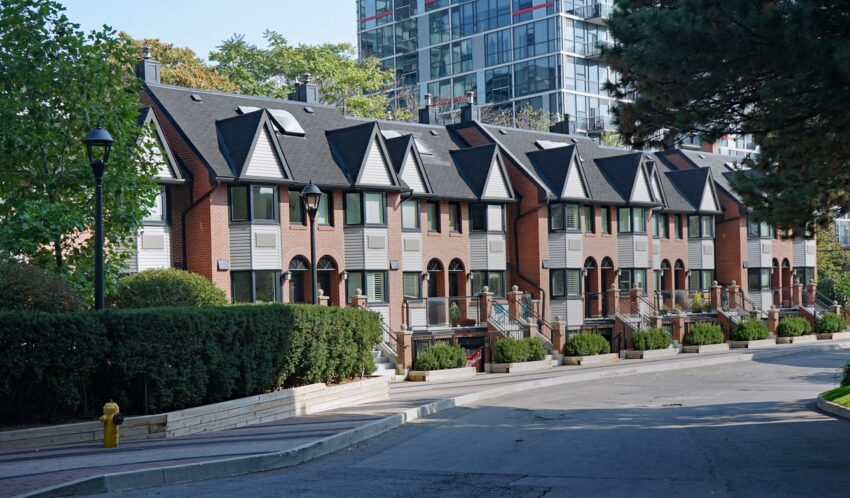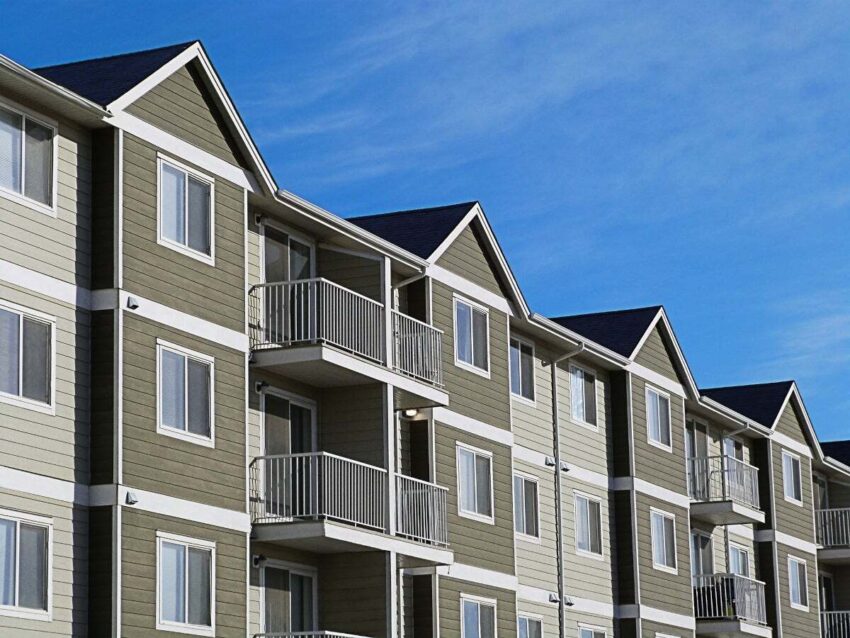Fixer-uppers hold a certain allure – the potential to craft your dream home exactly how you envision it, often at a lower initial cost than a move-in-ready property. But before you dive into the world of open houses and demolition hammers, there are crucial factors to consider. This guide explores the key aspects of purchasing a fixer-upper, helping you make an informed decision that aligns with your financial capabilities, DIY skills, and long-term goals.
The Financial Investment: Budgeting for More Than Just the Purchase Price
While fixer-uppers may boast a lower upfront cost, the true financial picture goes beyond the initial purchase price. Here’s what to factor into your budget:
- Repair Costs: A thorough inspection by a qualified professional is essential. This will reveal underlying issues that may not be readily apparent. Factor in the cost of repairs for everything from electrical rewiring to roof replacement.
- Renovation Budget: Dreaming of a gourmet kitchen or a spa-like bathroom? Price out materials, permits, and potential contractor fees to create a realistic renovation budget. Remember, unexpected problems can arise, so allocate a buffer of 10-20% for contingencies.
- Carrying Costs: If the property won’t be move-in ready immediately, factor in temporary housing costs or potential delays. Consider property taxes, insurance, and utilities that may accrue while renovations are ongoing.
Assessing the Property: Beyond Cosmetic Fixes
A charming fixer-upper can mask significant problems. Here’s what to prioritize during your inspection:
- Structural Integrity: The foundation, roof, and major systems like plumbing and electrical are crucial. Issues in these areas can be expensive and disruptive to fix.
- Underlying Issues: Look for signs of water damage, mold, or structural instability. Consider hiring a structural engineer for a detailed assessment if necessary.
- Permit Requirements: Some renovations necessitate permits. Familiarize yourself with local building codes and the permitting process to avoid delays or fines.
Location, Location, Location: Why Neighborhood Matters
The right location can significantly impact your investment’s value. Here are some neighborhood aspects to consider:
- Property Values and Market Trends: Research recent sales data in the area. Is the neighborhood appreciating or depreciating?
- Future Plans: If flipping the property is your goal, ensure the renovations you plan align with neighborhood trends.
- Amenities and Schools: Consider the proximity to schools, parks, public transport, and shopping. These factors all influence long-term property value and desirability.
DIY or Delegate? Assessing Your Skills and Resources
Fixer-uppers can be a great way to showcase your DIY skills and save on renovation costs. However, be realistic about your capabilities:
- Time Commitment: Renovations are often time-consuming. Consider the impact on your work schedule and personal life.
- Skill Level: Be honest about your DIY expertise. Complex electrical or plumbing work is best left to licensed professionals.
- Project Management: Can you handle the logistics of coordinating contractors, deliveries, and project timelines?
The Emotional Investment: Considering the Lifestyle Impact
Fixer-uppers are not for the faint of heart. Be prepared for:
- Disruptions and Delays: Renovations rarely go according to plan. Expect dust, noise, and unexpected hurdles.
- Compromises: Living in a construction zone necessitates adjustments to your daily routine.
- The “Sweat Equity” Factor: Be prepared to invest significant time and effort into making the property your own.
Making the Final Decision: Aligning Your Goals with Reality
Ultimately, the decision to purchase a fixer-upper hinges on your priorities:
- Are you looking for a long-term investment or a quick flip?
- Do you enjoy DIY projects or prefer a move-in-ready solution?
- How flexible is your budget and timeline?
If the potential rewards of creating your dream home outweigh the challenges, then a fixer-upper could be an excellent choice. However, a realistic assessment of your financial resources, DIY capabilities, and emotional resilience is crucial for a successful and enjoyable renovation journey.
Related: What Does Under Contract Mean in Real Estate
Additional Tips:
- Assemble a Team: Surround yourself with a reliable network of contractors, inspectors, and real estate professionals.
- Get Multiple Bids: Compare quotes from various contractors before making a decision.
- Set Realistic Expectations: Renovations rarely finish on schedule or exactly on budget. Embrace flexibility and be prepared to adapt.
By carefully considering these factors, you can approach your fixer-upper purchase with confidence, transforming a property into a personalized haven that reflects your vision and adds value to your investment.





